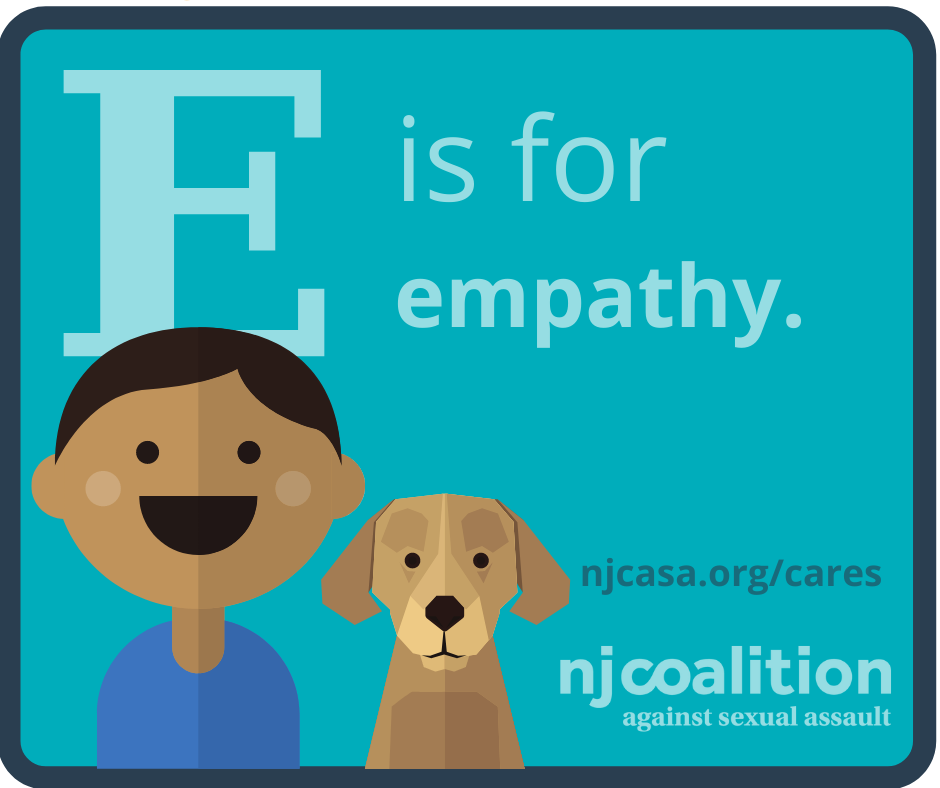
Download a one-page version of this information.
Sexual violence is 100 percent preventable—and everyone can play a role in that prevention.
Empathy and concern for how one’s actions affect others is an important protective factor against sexual violence — that is, something that makes sexual violence less likely to happen. Empathy means understanding and being able to relate to another person’s feelings or experiences. When we practice empathy, we try to see things from another person’s point of view and imagine how they’re feeling. Empathetic people care about how their own actions affect others.
As we work to prevent sexual violence, we can start by building our own empathy and setting an example for others on how to be kind, compassionate, and considerate community members. Here are three simple ways to develop greater empathy in your day-to-day life:
One of the best ways to cultivate empathy is by simply listening when your friends, coworkers, peers, and family members open up to you. When we reserve judgment and ask questions rather than responding with our own opinions, we can learn more about the points of view of those around us.
Consider the books on your shelves, the podcasts you listen to, and the movies you watch. Are there ways you can include a more diverse range of voices in the media that you consume? When we read about and listen to those who seem different from us—even characters in fictional stories— we can become more empathetic as we identify what we have in common with people from different backgrounds.
When we argue with others, it can be easy to get caught up in our emotions. Next time you disagree with a coworker, friend, or family member, take a moment to think about where they’re coming from. Focusing on what others might be feeling or thinking in the moment can help us build empathy and find peaceful resolutions to conflict.